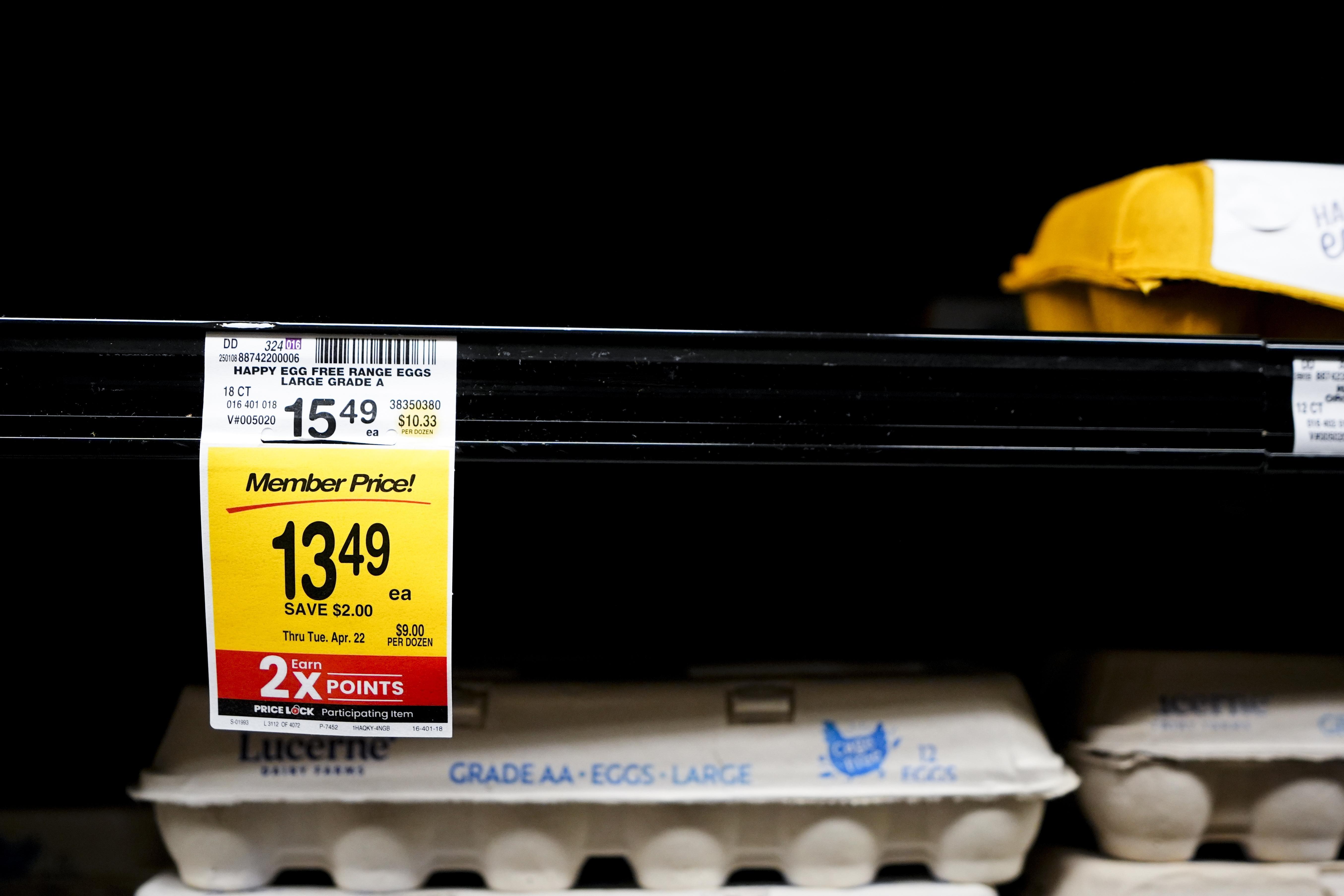The outbreak that began in 2022 has touched all 50 states, and millions of chickens have been put down to help stop the spread.
So far in Mississippi, only two flocks tested positive late last December, and led to chickens being put down.
Larger depopulation in other states, such as North Carolina, Ohio, Kentucky and Michigan, has caused a significant shortage in the supply of eggs nationwide.
Combined with a high seasonal demand, Mississippi State University professor and agricultural economist Josh Maples says consumers are facing a 'perfect storm'.
“The period through the holidays, and certainly as we get to Easter, is a really strong demand time for eggs. So what we’re seeing right now is a combination of supply challenges and really strong consumer demand.”
Last year's two positive cases were in Greene and Copiah counties.
According to the U.S. Department of Agriculture, more than 13 million egg-laying chickens were depopulated across the country last December alone.
But with the virus continuing to spread, Maples says the future prices of eggs, and other poultry products, remains uncertain.
“It’s really that uncertainty that’s going to drive this wide range of potential outcomes. We could certainly see a situation where we have more cases and prices go up higher, or if cases moderate, we could see production rebound pretty quickly, leading to lower prices at some point in the year,” said Maples.
“We simply don’t know how many HPAI cases we’re going to have in the future. And, even then, it matters where those cases are, and whether they affect broiler houses or layer houses, which are the chickens who lay eggs.”
The U.S. Department of Agriculture expects the price of eggs to rise nearly 20% over the course of 2025.




